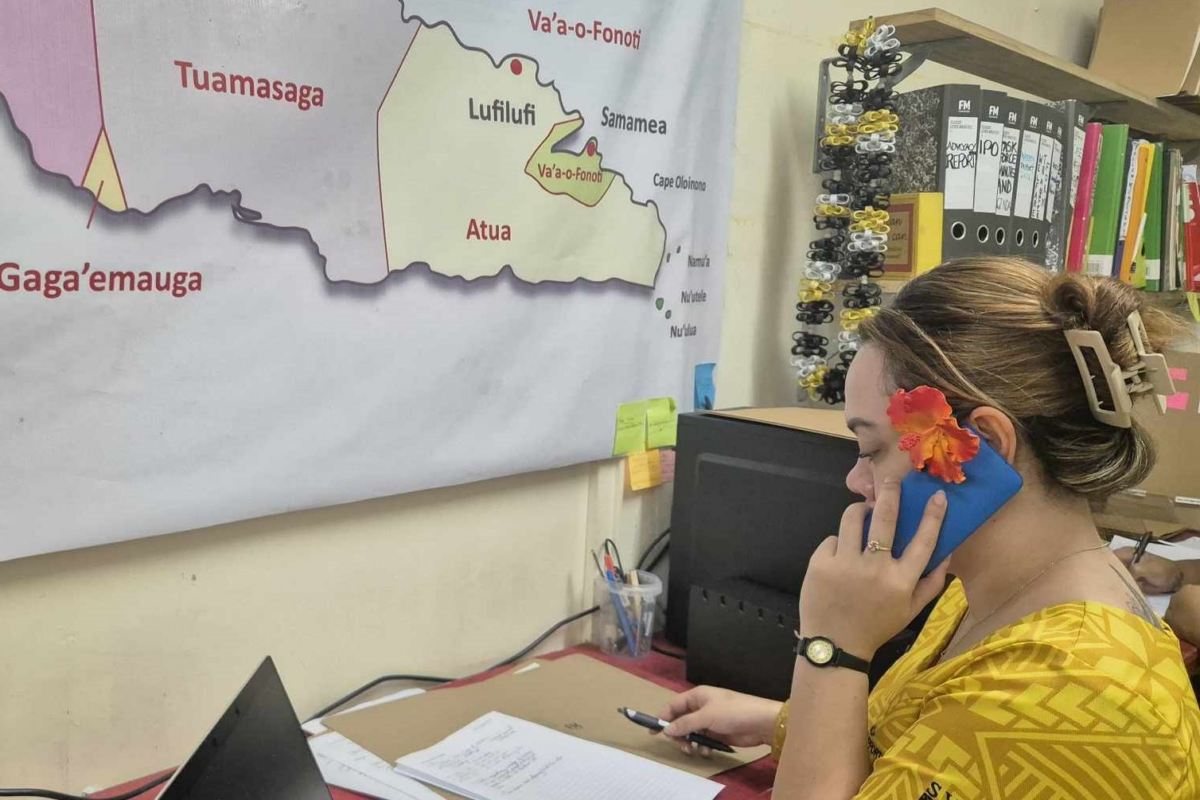
Is Suicide Decriminalised?
No
Are Crisis Lines Available?
No
National Suicide Prevention Strategy?
Yes
Population in Need of Support Per Year
Based on the WHO likely attempted suicide rate.
As a calculation of population size against suicide rate
Strength Of Support (Local Qualitative Assessment)
Population
Suicide Rate Per 100K Per Year, all Sexes (SDG 3.4.2)
Suicide Deaths Per Year (By Population)
Afghanistan, officially known as the Islamic Republic of Afghanistan, is home to diverse ethnic groups, including Pashtuns, Tajiks, Hazaras, Uzbeks, and many others. The country's culture and legal systems are underpinned by Islamic traditions and a rich tapestry of its ethnic diversity.
The country has a unique blend of legal systems, including Islamic Law (Sharia), Customary Law, and elements of Statute Law. These legal systems overlap and influence daily life and governance. Criminalising suicide is a punitive measure that perpetuates stigma and hinders providing appropriate mental health support to individuals in crisis.
Page two of the National Suicide Prevention Strategy (NSPS) delivered in February 2019 says, "Suicide is a criminal act in Islamic 'Sharia' and also in the Afghani Civil and Criminal laws." On page fourteen, it adds, "Suicide is a criminal act by SHAREA law, Civil and Criminal law so more advocacy is needed to decriminalise suicide act."
Efforts have been made to reform these laws and align them with contemporary mental health and well-being. The World Health Organization (WHO) advocates for the decriminalisation of suicide and suicide attempts. Finding out more and removing such laws removes stigma and allows avenues for providing appropriate mental health support to individuals in crisis.
Criminalising suicide punishes distress. Decriminalising suicide saves lives.






